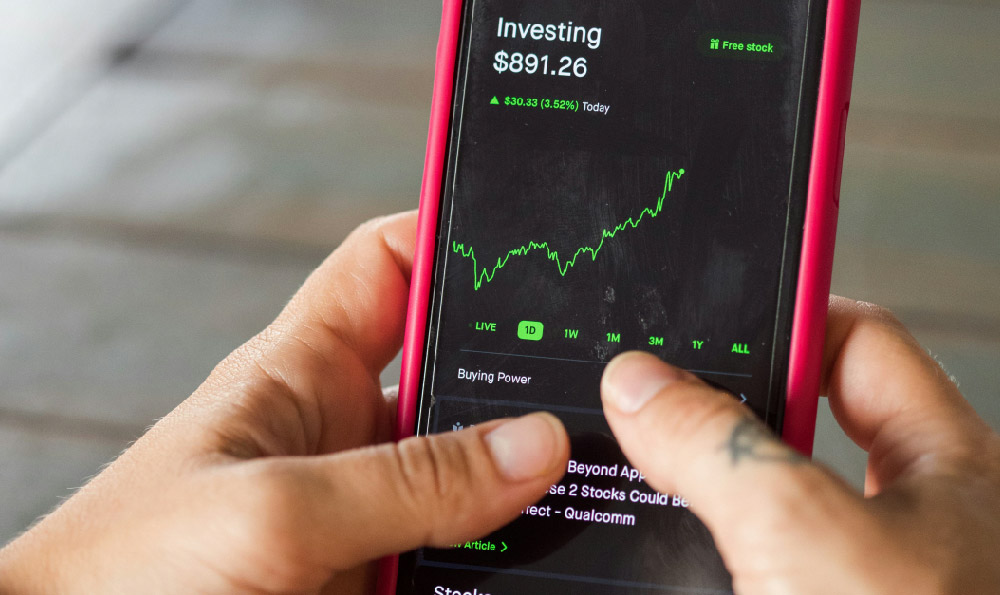
The allure of Pokemon cards as an investment stems from a potent cocktail of nostalgia, scarcity, and cultural relevance. For many millennials and Gen Z individuals, Pokemon cards evoke fond memories of childhood, trading with friends, and the thrill of opening a fresh pack. This emotional connection translates into a willingness to spend significant sums on these cardboard treasures, fueling the market's upward trajectory, particularly for vintage and rare cards.
However, stepping back and examining the landscape with a critical eye reveals a more nuanced picture. While some individuals have undoubtedly realized substantial profits from Pokemon card investments, the market is far from a guaranteed goldmine. The narrative often promoted – that Pokemon cards are a sure path to financial freedom – is arguably overhyped and requires careful scrutiny.
Several factors contribute to the potential pitfalls of investing in Pokemon cards. Firstly, the market's volatility is a significant concern. Like any speculative asset, the value of Pokemon cards can fluctuate dramatically based on trends, celebrity endorsements, and media hype. A card that commands a hefty price today might lose significant value tomorrow if a new set emerges, the market's focus shifts, or the broader economic climate changes. Relying on short-term trends or "pump and dump" schemes can leave investors holding worthless cards.

Secondly, the grading process, while intended to establish authenticity and condition, introduces another layer of complexity and potential for manipulation. Companies like PSA and Beckett assess the condition of cards and assign a numerical grade, significantly impacting their market value. However, the subjective nature of grading can lead to inconsistencies, and the cost of grading itself can eat into potential profits. Furthermore, the proliferation of fake or altered cards poses a constant threat, requiring investors to exercise extreme caution and rely on reputable sources.
Thirdly, the market is heavily influenced by speculation and demand, making it susceptible to bubbles. During periods of intense hype, driven by social media and online communities, prices can become inflated, detached from the cards' intrinsic value. When the bubble bursts, as is often the case with speculative assets, investors who bought at inflated prices face substantial losses. Understanding market dynamics and being able to differentiate genuine value from fleeting hype is crucial for navigating this volatile environment.
Beyond market-specific risks, the practical aspects of storing and insuring a Pokemon card collection also present challenges. Rare and valuable cards require secure storage in climate-controlled environments to prevent damage from humidity, sunlight, and pests. Insurance is essential to protect against theft, fire, or other unforeseen events. These costs, while often overlooked, can significantly impact the overall return on investment.
Then, consider the liquidity issue. While popular cards can be readily bought and sold on online marketplaces, selling a niche or less desirable card can be a time-consuming and potentially unprofitable endeavor. Unlike stocks or bonds, which can be easily converted into cash, Pokemon cards require finding a willing buyer at an acceptable price.
Furthermore, the entry barrier to becoming a successful Pokemon card investor is higher than many realize. It requires extensive knowledge of the cards themselves, including set variations, print runs, error cards, and the grading process. It also necessitates staying abreast of market trends, understanding the dynamics of online marketplaces, and building a network of reputable dealers and collectors. Without this knowledge and expertise, investors are vulnerable to scams and poor investment decisions.
Before venturing into the world of Pokemon card investing, it's prudent to approach it with a healthy dose of skepticism and a realistic understanding of the risks involved. Diversification is key. Don't allocate a disproportionate amount of your investment portfolio to Pokemon cards, treating them instead as a small, speculative holding. Thorough research is paramount. Educate yourself about the market, the cards, and the grading process before making any investment decisions. Focus on long-term value rather than short-term trends. Look for cards with strong historical significance, limited print runs, or high grades from reputable grading companies.
Ultimately, whether Pokemon cards are a "good" investment depends entirely on the individual investor's goals, risk tolerance, and level of knowledge. For those who approach it strategically, with a deep understanding of the market and a willingness to accept the associated risks, Pokemon cards can potentially offer a rewarding investment opportunity. However, for those who are simply chasing hype or seeking a quick buck, the market is likely to deliver disappointment. Treat it as a hobby first, an investment second. If you enjoy collecting and learning about the cards, any potential financial gains are a bonus. If your primary goal is solely financial gain, there are likely more stable and predictable investment options available.





